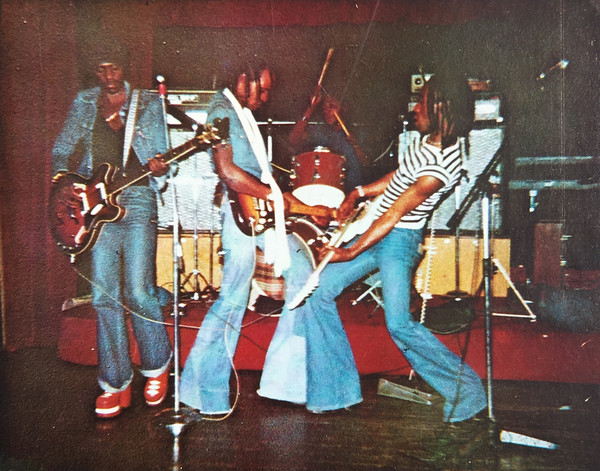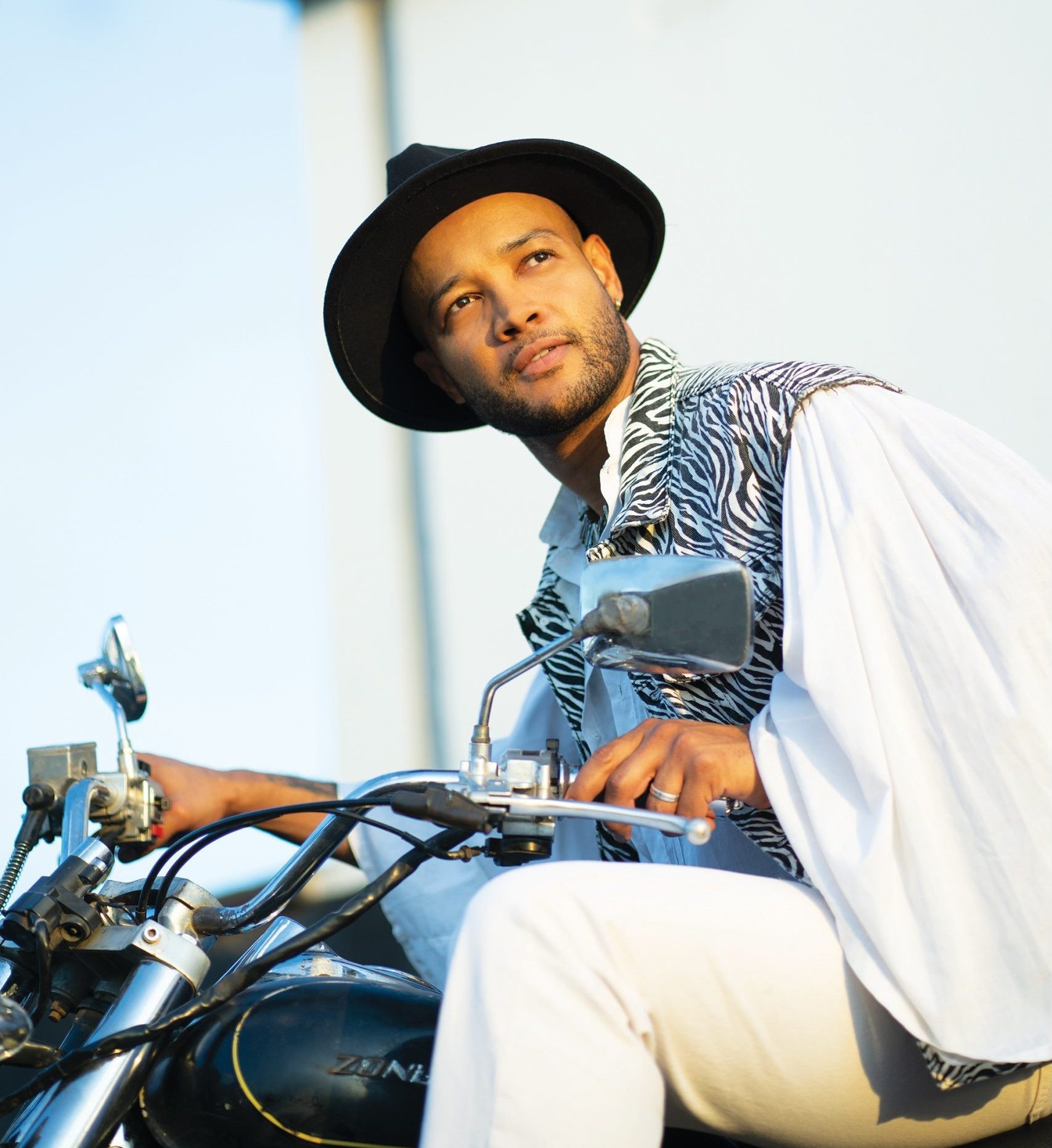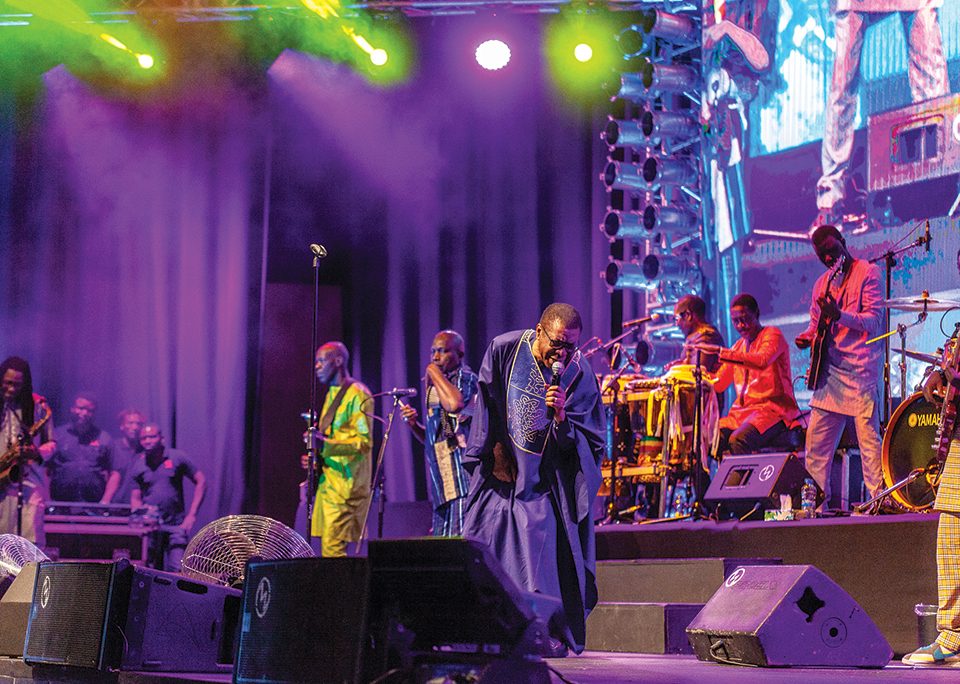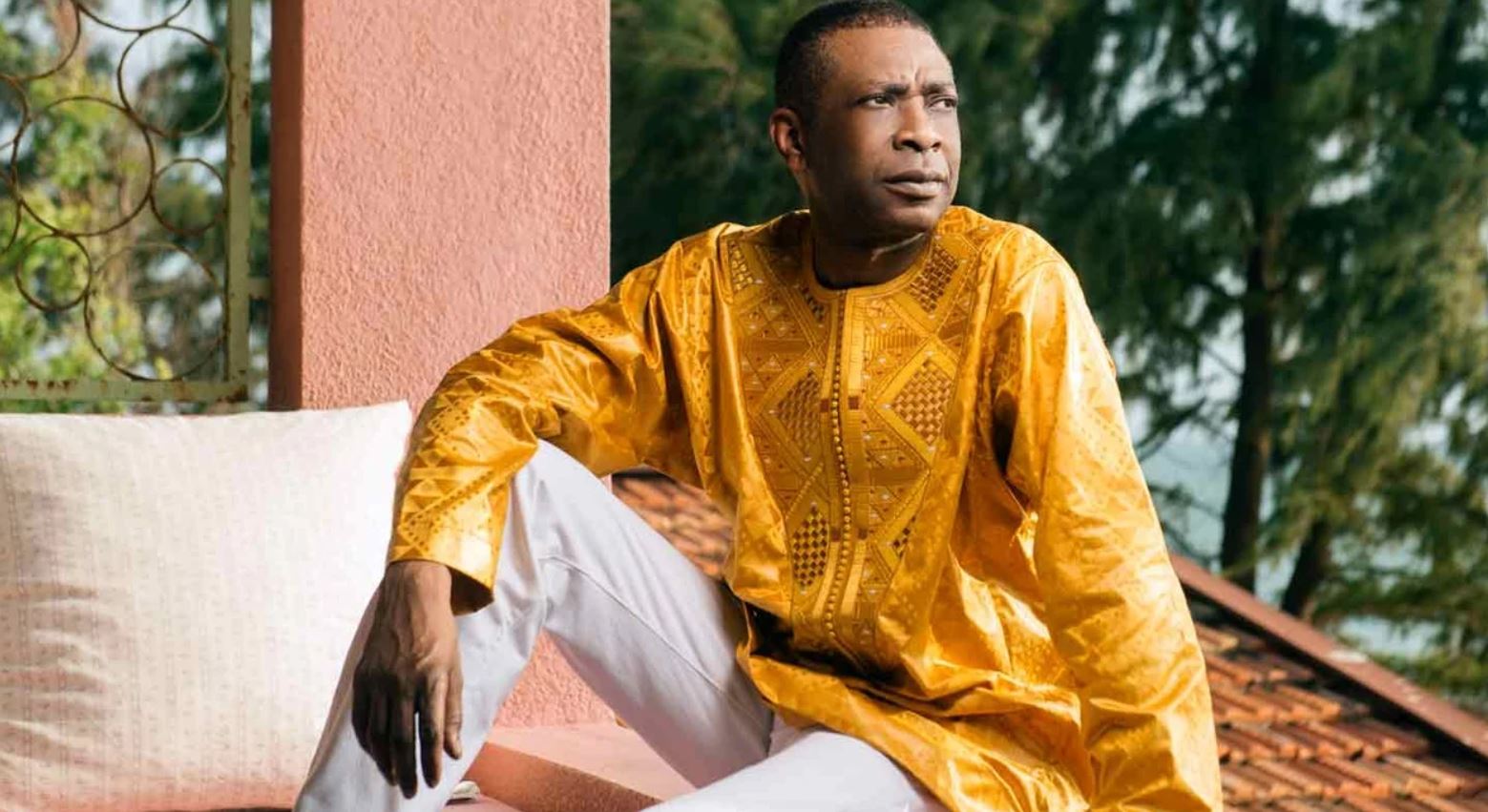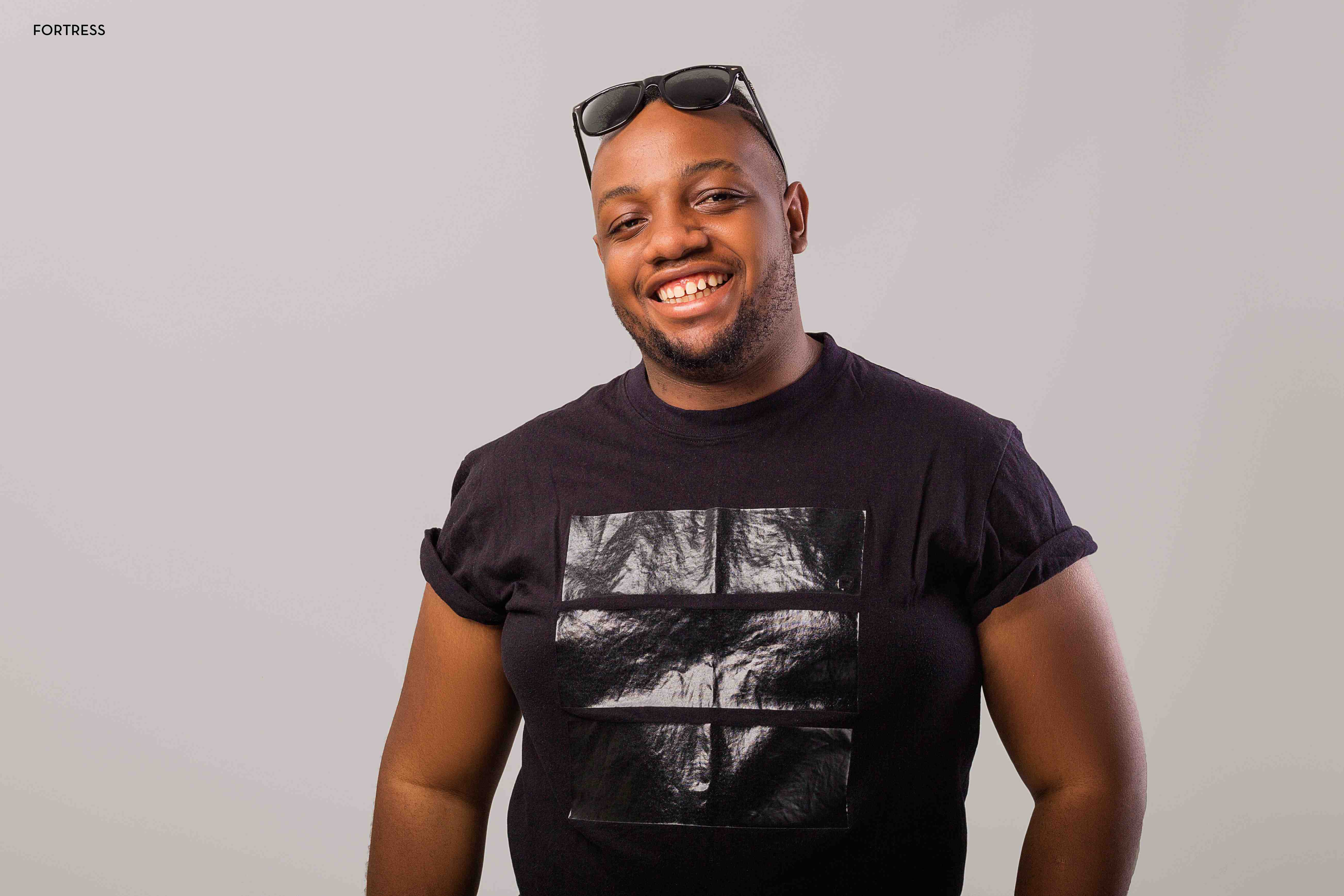Kondwani Kaira, professionally known as Chef 187, has been making his mark on the Zambian hip-hop scene since 2005. Born in Chingola, he has established himself as one of the country's most influential musical artists.
You’ve been 187’d.
Music talent runs in the Kaira family, with Chef 187 being the younger brother of fellow musician Macky 2 and the older brother of Towela Kaira, who performs as a backup vocalist for various Zambian artists.
What distinguishes Chef 187's sound is his distinctive blend of hip-hop with local musical traditions like Kalindula and R&B. This fusion has created a style that maintains authentic Zambian roots while appealing to a broader audience. He is known for his commitment to preserving the unique qualities of Zambian music rather than simply imitating international trends.
Over the years, Chef 187 has built an impressive discography featuring several notable albums. These include Heart of a Lion (2014), Amnesia (2016), Bon Appetit (2019), and Broke Nolunkumbwa (2023). His work has garnered critical acclaim, with Chef 187 receiving the 2015 Best Hip Hop Album award for Heart of a Lion and Best Collaboration for "Kumalila Ngoma," which featured Afunika.
In October 2024, Chef 187 withdrew from the Stanbic Music Festival due to what he considered unprofessional treatment by event organisers. Reports suggested he was allocated only a 10-minute performance slot after an extended soundcheck period. The situation also raised concerns about disparities in compensation between local and international performers.
--
"If music is food to the soul then I am the chef,” says Kondwani Kaira who is also known as Chef 187. When we went to conduct this interview with the popular hip-hop artist, it was so hard to lock down a set time that we eventually just had to follow him to the studio. We sat down and talked about the man behind the music and his rise to fame.
What’s in a name?
His stage name is first and foremost curious, so we had to ask the meaning behind it. Below we provide a breakdown of definitions and explanations according to the hip-hop artist himself:
Definition: Chef – professional cook.
Explanation: If music is food to the soul then Chef will cook the beats and serve the music.
Definition: 187 – slang for murder. Section 187 of the California Penal Code defines the crime of murder.
Explanation: People say “you’ve killed it” when you have outdone yourself. Well Chef 187 wants you to say “you’ve 187’d it.”
Now let’s kill, cook and serve this interview
Fondly referred to as Chefy, the hip-hop artist is a prolific entertainer. Those who attended the recently ended Stanbic Music Festival on Friday September 22 can testify that the crowd was actually chanting his name.
“Chefy! Chefy! Chefy!” the crowd resonated.
The man behind the music
Nkwazi: How does it feel to be on top of the game?
Chef 187: It’s definitely a humbling moment and I don’t want to praise myself for being where I am because it will just invite envy and spite. When you humble yourself even your rivals can’t say anything about you.
Nkwazi: So are you saying that there is no accomplishment you feel worthy to highlight for yourself?
Chef 187: Of course I praise myself when I deserve it. For instance, my album Amnesia is a dream come true as it was simply written down on paper and now it has materialized and come to fruition.
Nkwazi: You’ve been deemed to influence a certain sense of style among your fans, was this intentional?
Chef 187: I can’t run away from the fact that I have to be mindful of how I dress. For the past three years I’ve had a stylist and I feel pretty happy about it.
Nkwazi: How important is image to you?
Chef 187: The total package is what’s important. How I conduct and present myself is image and not dress code. However, when it comes to dress code, I aim to remain as youthful as I can.
Nkwazi: Where do you get your caps from? Do you have a certain theme you follow when choosing them?
Chef 187: I have become a collector of snap packs. This all came about when I was trying to look different from my brother Macky 2. Somehow people think we look alike and would always mistake me for him so the snap packs have become part of identity.
Nkwazi: Speaking of your brother, is music something that runs in your family?
Chef 187: No one in the family used to sing before us. My brother and I are the first people to pursue music full time. Our family is very traditional and before us would have never thought one could make a living off being a musician. I think we have set a good example and have proof that music is a viable career choice.
Nkwazi: When did your interest in music get aroused?
Chef 187: Music has always sort of been a part of me. In third grade, I used to recite Tupac’s lyrics because my uncle listened to him a lot. One day he came home and found that I had transcribed the lyrics for him. I only took music seriously in 2010.
Nkwazi: Is there any sibling rivalry when it comes to yours and Macky 2’s music careers?
Chef 187: Not to my knowledge! My brother, Macky 2 has taught me everything I know about music and the music industry. I’ve been there from the beginning of his music career and it got to appoint where I said, “If he can do it, why can’t I?”
Nkwazi: Hip-hop is infamous for feuds. Are you feuding with anybody?
Chef 187: Unfortunately yes but it’s not coming from my end. It’s in the nature of every hip-hop artist to want to be number one.
Nkwazi: Does being numero uno as you call yourself worry you?
Chef 187: On the contrary, it’s exciting to take the Zambian hip-hop genre to another level. In Zambian music, what goes up must come down but I am determined to stick with the music and set a different example than what we currently have.
Nkwazi: Please shed more light on the type of Zambian music examples in the industry?
Chef 187: The people that matter don’t really have confidence in Zambian music. It is perhaps in our nature to support non-Zambian things. Ultimately, it is up to Zambians to create a huge platform to promote Zambian music.
Nkwazi: What do you think can make a difference in the Zambian music industry?
Chef 187: The music industry cannot survive without corporate intervention. There has to be corporate support. I am still trying to convince people that Zambia can be a music power house. Zambians in the diaspora can play a big role just like the way Nigerians in the diaspora are loyal to Nigerian music and provide the necessary support.
Nkwazi: Since we are talking livelihood, how much money do you make from corporate endorsements versus direct music revenue?
Chef 187: Thirty per cent from corporate endorsement while seventy per cent comes from direct music revenue. Although I feel that it should be 50/50.
Nkwazi: What do you plan on doing differently from other Zambian musicians? We’ve seen many who come and go and even end up working corporate jobs?
Chef 187: Let’s use Jay Z as a practical example. Despite many years in the industry, he is still relevant because he keeps evolving with the times. He has also diversified himself by not only focussing on music but being a business mogul as well.
Nkwazi: Who are your biggest inspirations?
Chef 187: My inspiration is twofold – longevity and authenticity. People who’ve been around for a long time in the music industry inspire me such as, Tupac (posthumously of course), Jay Z, Koffi Olomide. And when it comes to authenticity there is, PK Chishala, Afunika, Macky 2 (obviously), Pilato and Mumba Yachi.
People shouldn’t try to assassinate Zambian music in trying to compete with international standards because it kills the authentic Zambian sound. That’s why I choose to sing in local languages.
Nkwazi: Share a day in your life. What’s your routine?
Chef 187: I wake up and go to the studio (in my house) to offload some ideas. Then I attend to basic needs such as eating etc. I go for client meetings if there are any scheduled and then I head back to the studio. I am constantly working on something.
Nkwazi: How do your parents feel about your career?
Chef 187: At the moment they are very supportive but it wasn’t always that way. They are your typical Zambian parents, “go to school, get your paper, go about life in the conventional way.” It was very challenging for my brother when he started is music career and the contributing factor are the poor examples we have when it comes to Zambian music as a career choice.
My parent’s attitude changed when they realized that we were adamant to pursue music as a career and they eventually saw my brother making a living from his music.
Nkwazi: Let’s touch on you family for a bit. How many are you?
Chef 187: We are six – the eldest is female followed by three male and two female. I am the fourth born.
Nkwazi: Does anyone else sing in your family after you?
Chef 187: Our youngest sister, Towela, sings back-up for a number of notable Zambian musicians. She does it part-time though.
Nkwazi: Have you always lived on the Copperbelt?
Chef 187: Not really but you can almost say that since I’ve spent most of my life on the Copperbelt. I believe that every person is a product of their environment.
I was born in Luanshya on the 23rd of May. We moved to Ndola after four years. Lived in Ndola for another four years before moving to Lusaka for about four to five years and finally relocated to Chingola. My family has stayed in Chingola since then. I came to Lusaka for three years to pursue a college education in Business Administration. After completing my studies, I went to Ndola.
Nkwazi: Was all this moving part of your parent’s occupation?
Chef 187: Yes, my dad was a banker so he got transferred quite a bit. My mother was a teacher although she passed away when I was still very young.
Nkwazi: When you said your birth date, why didn’t you mention the year you were born?
Chef 187: I won’t disclose my age because I prefer that people don’t associate how old I am to my music. Even my Vodafone (JUMP) contract does not have my age for this reason I would rather not disclose. The document states in the year of birth section [artist refused to disclose].
Nkwazi: Our goal during this interview was really to talk about you being the king of hip-hop. How do you feel about that?
Chef 187: No, I don’t want that title. There are different types of hip-hop and I am in my own league. I’m in a league of my own.
Nkwazi: At what level do you feel you have reached in your career?
Chef 187: I believe that I am breaking the corporate barrier because of my team and I am very professional. As a result, we get a lot of invitations to attend meetings at corporate offices because of the way we carry ourselves.
Nkwazi: What is your call-to-action for the Zambia music industry?
Chef 187: I would like to be used as a measuring stick and break boundaries as THE Chef 187. I always just want to associate myself with good music and open to collaborations that’s why I have an open door policy.


